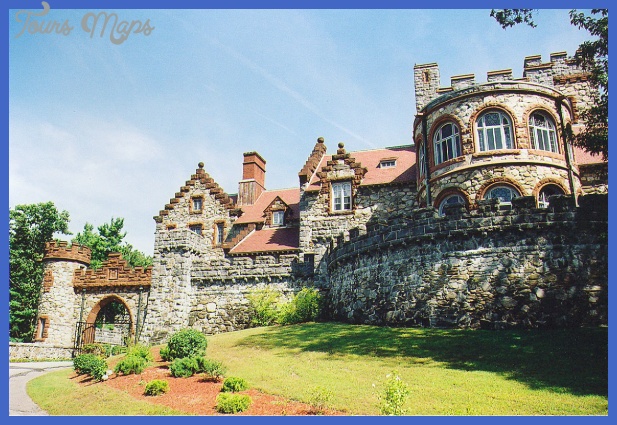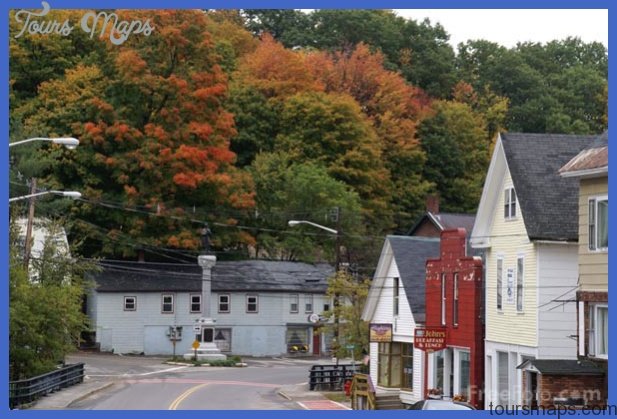New Hampshire Political Participation
Another area that documents the emerging Latino presence in the state is that group’s growing political organization and participation. Latinos have focused on political organizing, and these efforts have paid substantial dividends. Governor John Lynch signed an executive order to create the Governor’s Advisory Commission on Latino Affairs in 2005, which demonstrates the importance of Latinos’ contributions to the state’s economic and social life. The commission consists of 19 members who prepare an annual report with recommendations to advance economic, educational, employment and social opportunities for New Hampshire’s Latino population. The commission gave local Latinos a strong political identity. Commission members reported that Latinos from other states contact them to question how the commission was formed so that they can bring a similar commission to their state.
New Hampshire’s Latino political participation has occurred on both local and national levels. To help foster this political participation, in 2004 Vote Now New Hampshire Hispanics was incorporated to promote, encourage, develop, and expand the participation of Latinos in New Hampshire’s electoral process. This organizational structure helped elect the first Latino to the New Hampshire’s House of Representatives. Hector Velez was elected in 2004, and he is now serving his second term. Latinos political participation is also aided by the state’s hosting the first presidential primary every 4 years; New Hampshire’s Latinos are taking advantage of this opportunity to actively influence the political focus of presidential candidates. Major candidates seek out Latinos to be on their organizing committees and participate in campaign functions. Because of the media attention that the New Hampshire primary creates, Latinos have opportunities to receive national exposure as the presidential contenders attempt to use New
Hampshire’s small Latino population as a platform to reach out to larger Latino constituencies across the nation.
In summary, the Latino population in New Hampshire has grown quickly over the last 40 years. Initially, Latinos were attracted by the opportunities for employment and affordable housing that the state offered. New Hampshire’s Latino population is located in the southern part of the state, and it is growing more from internal migration than from international migration. Some anti-immigrant bias has surfaced in the state that has tarnished the rather positive reception that Latinos had initially received. Most people in New Hampshire have welcomed Latinos, and they have been appreciative of their contributions, ranging from revitalizing downtown Manchester to sponsoring an annual Latino Festival. As the population continues to grow, some believe that the conditions are positive for the Latino population to develop a strong middle-class presence in the state. As is the case in other regions of the United States, it is likely that beneficial socioeconomic integration will occur as both Latinos and others residing in New Hampshire accommodate one another rather th
New Hampshire Political Participation
Another area that documents the emerging Latino presence in the state is that group’s growing political organization and participation. Latinos have focused on political organizing, and these efforts have paid substantial dividends. Governor John Lynch signed an executive order to create the Governor’s Advisory Commission on Latino Affairs in 2005, which demonstrates the importance of Latinos’ contributions to the state’s economic and social life. The commission consists of 19 members who prepare an annual report with recommendations to advance economic, educational, employment and social opportunities for New Hampshire’s Latino population. The commission gave local Latinos a strong political identity. Commission members reported that Latinos from other states contact them to question how the commission was formed so that they can bring a similar commission to their state.
New Hampshire’s Latino political participation has occurred on both local and national levels. To help foster this political participation, in 2004 Vote Now New Hampshire Hispanics was incorporated to promote, encourage, develop, and expand the participation of Latinos in New Hampshire’s electoral process. This organizational structure helped elect the first Latino to the New Hampshire’s House of Representatives. Hector Velez was elected in 2004, and he is now serving his second term. Latinos political participation is also aided by the state’s hosting the first presidential primary every 4 years; New Hampshire’s Latinos are taking advantage of this opportunity to actively influence the political focus of presidential candidates. Major candidates seek out Latinos to be on their organizing committees and participate in campaign functions. Because of the media attention that the New Hampshire primary creates, Latinos have opportunities to receive national exposure as the presidential contenders attempt to use New
Hampshire’s small Latino population as a platform to reach out to larger Latino constituencies across the nation.
In summary, the Latino population in New Hampshire has grown quickly over the last 40 years. Initially, Latinos were attracted by the opportunities for employment and affordable housing that the state offered. New Hampshire’s Latino population is located in the southern part of the state, and it is growing more from internal migration than from international migration. Some anti-immigrant bias has surfaced in the state that has tarnished the rather positive reception that Latinos had initially received. Most people in New Hampshire have welcomed Latinos, and they have been appreciative of their contributions, ranging from revitalizing downtown Manchester to sponsoring an annual Latino Festival. As the population continues to grow, some believe that the conditions are positive for the Latino population to develop a strong middle-class presence in the state. As is the case in other regions of the United States, it is likely that beneficial socioeconomic integration will occur as both Latinos and others residing in New Hampshire accommodate one another rather than Latinos alone conforming to some imagined homogenous national identity.
an Latinos alone conforming to some imagined homogenous national identity.
Travel to New Hampshire Photo Gallery
Maybe You Like Them Too
- The Best Cities To Visit in The World
- World’s 10 Best Places To Visit
- Coolest Countries in the World to Visit
- Travel to Santorini, Greece
- Map of Barbados – Holiday in Barbados










